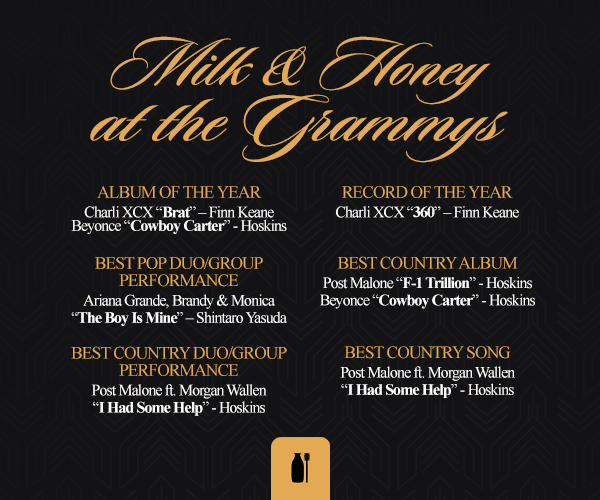Last month, Irving Azoff‘s US collection society Global Music Rights entered into a legal spat with the market’s Radio Music License Committee (RMLC), which represents over 10,000 commercial radio stations in the States.
Filing a lawsuit accusing antitrust violations, GMR accused the RMLC of operating a ‘cartel’ which deliberately suppressed royalty payments to songwriters for music used across its network.
On December 24, GMR offered RMLC stations a temporary license to play songs by its clients – which include The Eagles and Pharrell Williams.
This cooled down growing tensions between the organizations, by potentially removing the threat of copyright infringement action by GMR during the RMLC license re-negotiation – and allowing the stations to play GMR repertoire while the disagreement is sorted out.
Elsewhere, fellow PRO ASCAP has since re-signed a deal with RMLC for the next five years, covering its repertoire at a mutually agreed rate.
Today, though, BMI showed, like Azoff, it wasn’t willing to play ball.
“Given the unmatched caliber of BMI‘s repertoire, our superior market share on radio, and the ever-increasing value that BMI music brings to the radio industry across all its platforms, we believe the RMLC’s proposal falls well short of what is in the best interests of our affiliates.”
Mike Steinberg, BMI
The society has filed an action in Federal Rate Court to set interim fees for radio stations represented by the RMLC – while BMI and the RMLC negotiate the terms of a new five-year deal beginning in 2017.
BMI said that the RMLC had ‘proposed an interim rate well below BMI‘s previous deal, the effect of which would have a significant impact on the royalties BMI pays to its songwriters, composers and music publishers’.
The body continued: ‘The RMLC has justified its proposed rate based upon incomplete and incorrect information regarding BMI‘s radio performances. BMI disagrees fundamentally with the RMLC’s proposal and, consistent with past practices, is asking the Court to maintain its most recent rate while new terms are negotiated.‘
Mike Steinberg, Senior Vice President of Licensing for BMI, stated, “We attempted to negotiate in good faith with the RMLC for many months, and just before the end of the year, the RMLC presented an interim rate that significantly undervalues the work of BMI’s songwriters.
“Given the unmatched caliber of BMI‘s repertoire, our superior market share on radio, and the ever-increasing value that BMI music brings to the radio industry across all its platforms, we believe the RMLC’s proposal falls well short of what is in the best interests of our affiliates.”Music Business Worldwide





